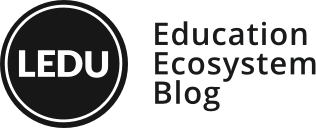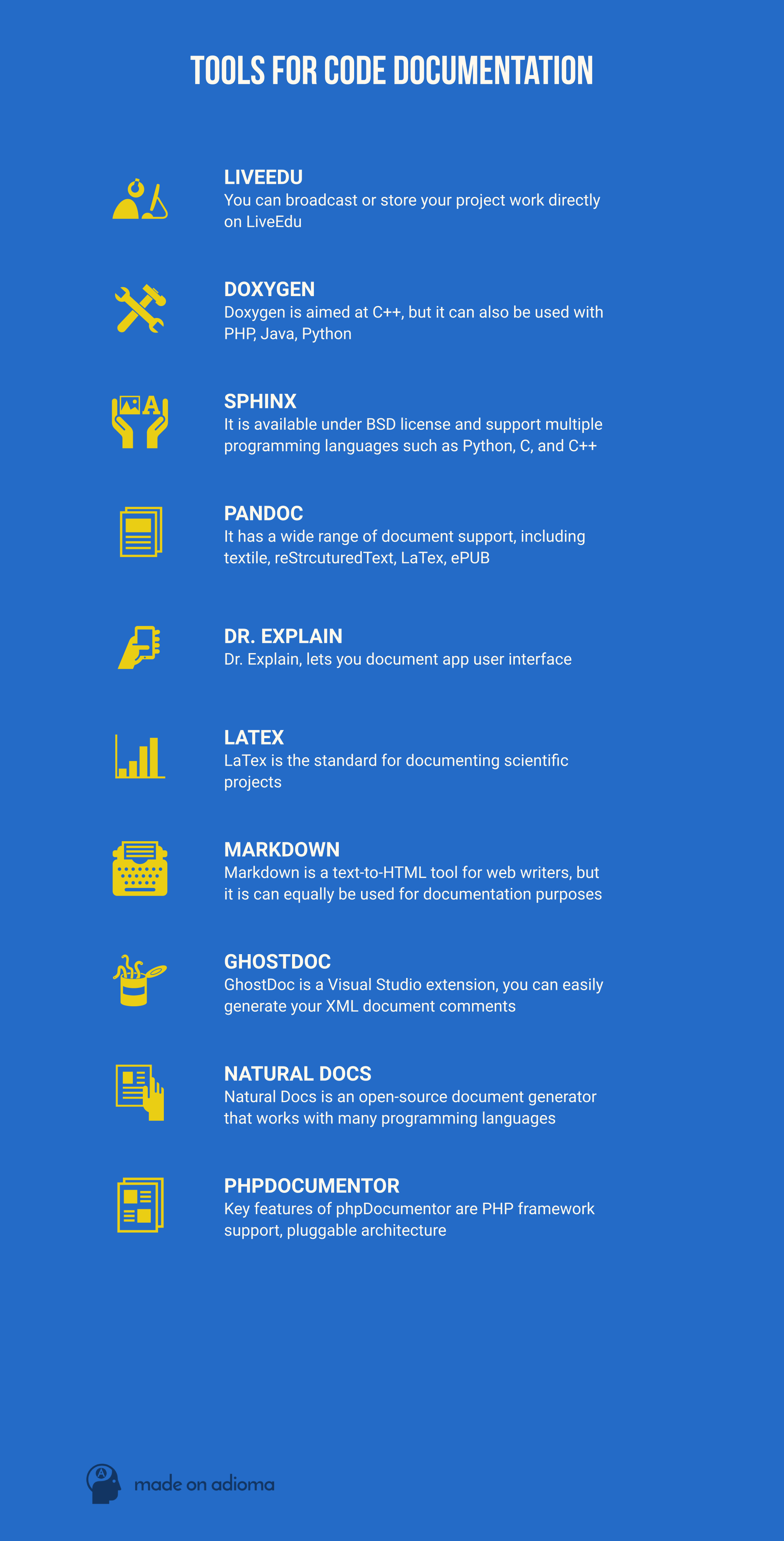Introduction
Code documentation tools are the need of the hour as they help document your code. Code documentation is a process by which a programmer documents his or her code. It is a well-known term among engineers.
Many programmers seem to be baffled by code documentation and try to evade it as much as possible. The lack of purpose to write code documentation leads to poor code readability and hard maintenance for other team members.
Code documentation is different from project documentation as it mainly aims at how the system works. Even though there are multiple reasons for writing code documentation, many programmers tend to skip them. If you are one of the coders who don’t document their code, check out the reasons you should write docs!
-
- You will get back to your code after some time! It’s better to write code documentation now than repent later.
-
- You want your code to be maintained and used by other programmers in the team. Maintenance of the code becomes a big issue if it is not documented.
-
- You need others to help you out through open source and other collaborations. If you are thinking of going big and collaborative, start documenting your code now!
-
- You want to become a better coder! Documenting your code makes the logic
much more clear to you. The habit of writing code documentation also makes your code better.
- You want to become a better coder! Documenting your code makes the logic
- Writing code documentation improves your writing capabilities.
Even with all the above benefits, documentation, on the whole, is a time-consuming process. To enable faster documentation process and style consistency, you should use code documentation tools.
10 tools for the perfect code documentation
- LiveEdu
- Doxygen
- Sphinx
- Pandoc
- Dr. Explain
- LaTex
- Markdown
- GhostDoc
- Natural Docs
- phpDocumentor
LiveEdu
If you are reading this, you must be thinking how a social project broadcasting can be a tool for code documentation? The answer lies in the term, “Video code documentation.”
You can broadcast or store your project work directly on Livecoding. By doing this, you will be able to easily allow your team members access to important sections of the project. There are multiple benefits for using Livecoding as a tool to document your code. Some of them are mentioned below:

Video documentation benefits in a nutshell
-
- It enhances pure text-written documentation and gives better context and understanding to the reader.
-
- Agile teams can easily keep track of the project changes.
-
- Technical writers can utilize the video code documentation to understand the project better.
- Developers can invest their saved time in implementing other project functionalities.
Read the epic piece written by Damian Wolf, “Why Developers Write Horrible Documentation and How to Solve It,” to understand the idea better.
Doxygen
Doxygen is a great tool for generating documentation from source code. The tool is aimed at C++, but it can also be used with PHP, Java, Python, etc. With the help of Doxygen, you can create online HTML documentation. It can also be used to generate output in multiple formats, including Unix man pages, PostScript, etc.
The biggest advantage of using Doxygen is that you will have consistency throughout your source code documentation. It can also help you to generate code structure using the undocumented source files. All you need to do is configure it accordingly.
Edurolp, from Córdoba, Spain is using Doxygen to document his code! Check out the stream here.
Sphinx
Sphinx is a popular documentation tool for the programmers. It is available under BSD license and support multiple programming languages such as Python, C, and C++. Sphinx is ideal for developers who want to organize their documentation. It can be used for both project documentation and code documentation. Some features of Sphinx include extensive cross-references, multiple output formats, automatic indices, extension support, etc.
Pandoc
Pandoc is not like other code documentation tools out there. It acts as a Swiss Army knife and enables a developer to quickly convert one markup format to another. If you like writing your own code documentation in markup, and quickly want to convert to another format, Pandoc is for you. It has a wide range of document support, including textile, reStrcuturedText, LaTex, ePUB, etc.
Moreover, it offers multiple markdown syntax extensions, including definition lists, tables, footnotes, etc. Check out the official page for a full list of supported extensions and document format.
Dr. Explain
Frontend development also requires documentation to a certain extent. One such tool, Dr. Explain, lets you document app user interface. It filters out the key interface elements and then extracts the associated meta information about each element. Once done, you can modify the extracted information to quickly create an interface documentation.
LaTex
LaTex is the defacto standard for documenting scientific projects. However, it can also be utilized for other types of projects, including code and project documentation. One such user, dcelisgarza from Monterrery, Mexico shows the usefulness of LaTex in mathematical code documentation. Check it out here!
LaTex is well known as a high-quality typesetting system with a focus on producing scientific and technical documentation.
Markdown
Markdown, a creation by John Gruber, is a simple language that helps you write high-quality code and project documentation. Technically, Markdown is a text-to-HTML tool for web writers, but it is can equally be used for documentation purposes. As a developer, you can write the documentation in Markdown and later use Pandoc to convert it into any format you want!
Checkout AbiAbdallahAwad using Markdown to document APIs in RAML here.
GhostDoc
With GhostDoc, a Visual Studio extension, you can easily generate your XML document comments. The tool generates comments based on multiple factors, including name, parameters, contextual information, type, etc.
Natural Docs
Natural Docs is yet another open-source document generator that works with many programming languages. It helps you to automate code documentation generation and convert it into HTML format. Currently, natural docs support 19 languages including Python, C++, PL/SQL, Actionscript, etc.
phpDocumentor
If you are a PHP developer and want to generate code documentation from the source code, look no further than phpDocumentor. phpDocumentor is a unique way of handling your code documentation and acts as a reference to proper documentation. Key features of phpDocumentor are PHP framework support, pluggable architecture, etc. Inside job is managed by a powerful and flexible template system. The tool can also help you to generate reports and graphs and enhance overall code quality.
Bonus: Doc-O-Matic is a paid software for generating code documentation. Learn more about it here.
Conclusion
Today, we went through 10 tools for perfect code documentation. It should be noted that the tools mentioned above act as supplements to your documentation process. Proper documentation is still required, and should not be ignored.
Which tool do you use to write documentation? Let us know in the Comments section below.








